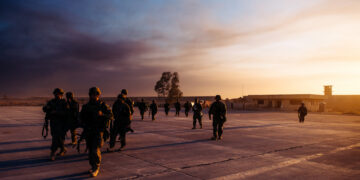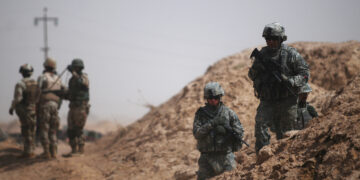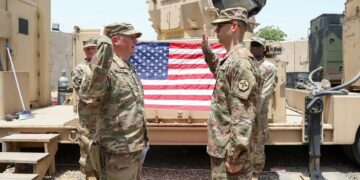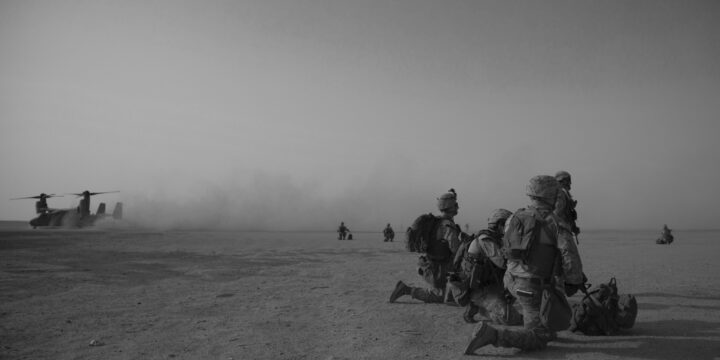January 27, 2020
Maximum pressure and maximum vulnerability for U.S. forces in Iraq and Syria courts war
FOR IMMEDIATE RELEASE:
January 27, 2020
Contact: press@defensepriorities.org
WASHINGTON, DC—On Sunday, the U.S. Embassy in Baghdad sustained rocket attacks for the second time in a week. Defense Priorities Policy Director Benjamin H. Friedman issued the following statement in response:
“Sunday’s rocket attack on the U.S. Embassy in Baghdad is just the latest example of why U.S. forces should leave Iraq. A vicious cocktail of bad policies—maximum pressure on Iran, ignoring the wishes of large numbers of Iraqis, reckless use of U.S. forces—has maximized danger in Iraq.
”Leaving behind relatively small numbers of U.S. soldiers to help Iraqis fight ISIS’s remnants is foolish. Failure to withdraw may now do as much to spark renewed jihadi resistance as to suffocate it. And U.S. forces cannot combat the punitive Iraqi policies and misgovernment that might cause a resurgence of Sunni extremism, whether or not it is called ISIS.
”The minuscule benefits of keeping troops in Iraq does not remotely justify leaving them there to be targeted by militias and possibly spark war with Iran.
”The U.S. promise to blame Iran for militia attacks in Iraq is dangerous. Iran’s support for militias is unquestionable, but its control of them is less certain. There are compelling reasons to suspect the well-armed Shiite militias in Iraq want revenge, regardless of Tehran’s wishes. The U.S. airstrike that killed Soleimani also killed the deputy head of Iraq’s Popular Mobilization Forces. Washington’s refusal to even discuss the Iraqi government’s calls for U.S. forces to leave their country angers a broad swath of Iraqis, even some relatively friendly to the United States.
”Under these circumstances, U.S. military and civilian personnel in Iraq will remain targets. That risk, combined with the risk that retaliation could spark a war with Iran, far exceeds any potential benefit from the U.S. troop presence.”
More on Iraq

Featuring William Walldorf
September 28, 2025

September 21, 2025

Featuring William Walldorf
March 6, 2025
Events on Iraq





